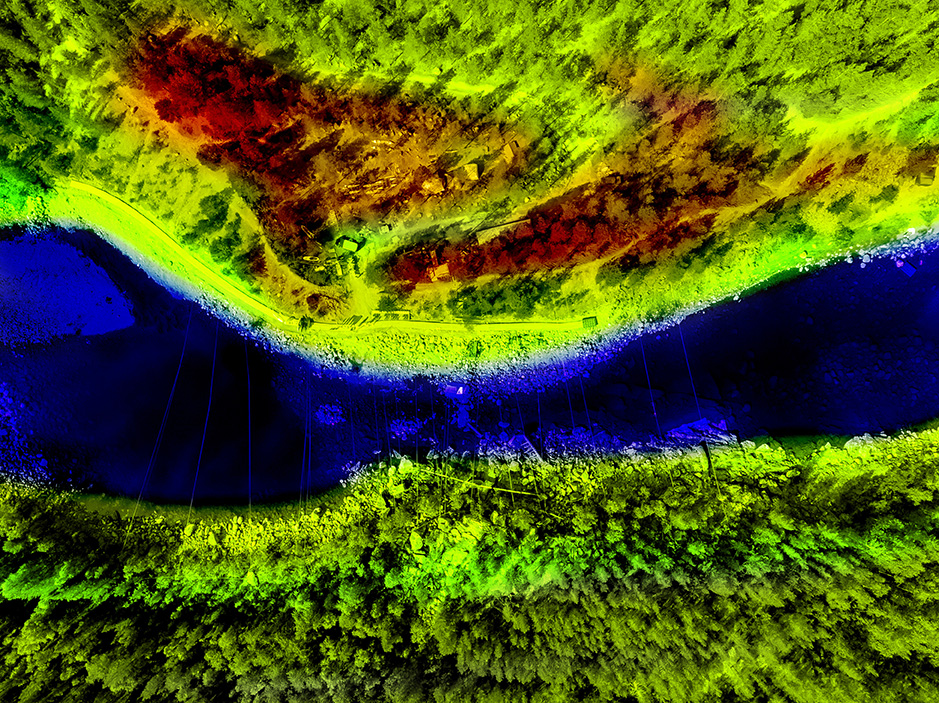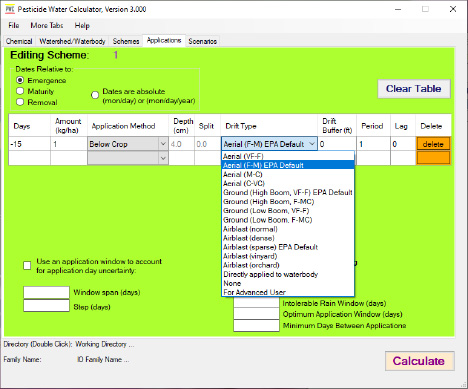Agricultural Sustainability

As concerned consumers with a global attitude toward sustainable agriculture, Waterborne lives and works at the interface between the soil and the atmosphere.
![]()
Identifying the risk to wildlife by
Characterizing the toxicity of chemicals to biological organisms
Many large-scale decisions in the agricultural industry extend beyond standard regulatory requirements and are driven by sustainability and stewardship goals. As concerned consumers with a global attitude toward sustainable agriculture, we live and work at the interface between the soil and the atmosphere.

Do you have questions about our Agricultural Sustainability work?
Contact Waterborne's Global Agricultural Sustainability lead, Jennifer Trask, at traskj@waterborne-env.com.
Chamber Workforce Programs
Our Agricultural Sustainability Work
Our Waterborne team puts in the hours to ensure a full understanding of the environment in which we live and work so that we can guide our clients in a responsible direction. This includes taking the time to build trustworthy relationships with growers to gain practical, effective knowledge of farm practices and passing that information on. We also help manufacturers understand what happens to their products in the environment, beyond the regulatory requirements.
Through scientific studies, data collection and clear communication of regulatory concerns, we help our clients understand how science works in the environment and its potential implications. We also discuss practical solutions for improved environmental quality when it comes to farming so that our clients can make positive changes. The work we do clearly shows the ability and importance of connecting farming solutions to government regulations for the future of the farming sector. This also assists us in uniting key players to find long-term solutions for environmental health and a sustainable future in food production.
Our experts can guide the process for you by:
- Developing science-based technology to grow crops with a smaller footprint
- Water use efficiency
- Fuel use
- Soil management
- Improved input decisions and crop choices
- Using big data to help customers make commodity decisions
- Understanding post-harvest losses
- Tracking critical metrics








